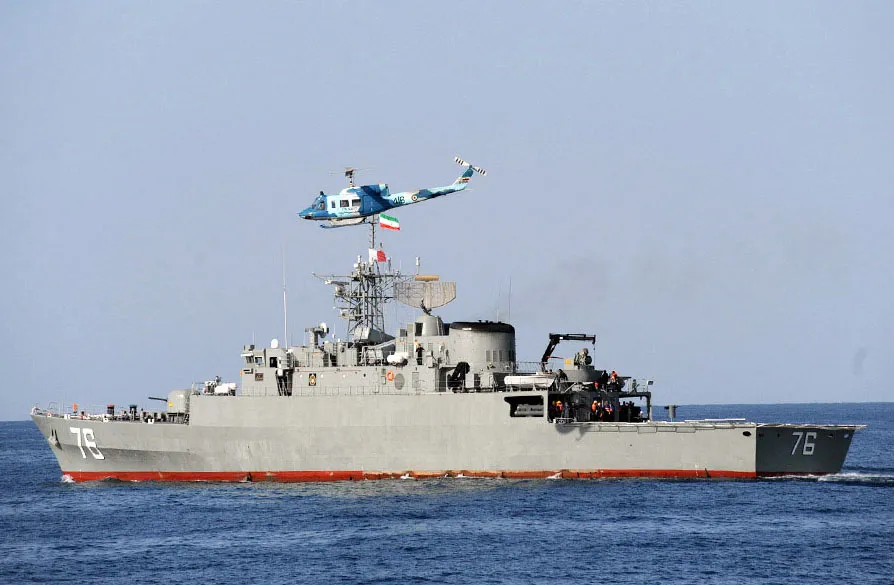Almost every major political body in China has issued statements condemning the Pelosi visit to Taiwan: the CPC Central Committee, the NPC Foreign Affairs Office, the CPPCC Foreign Affairs Office, the Taiwan Affairs Office, and a half-dozen other government entities. In addition to live-fire military drills (see separate slug), China has also taken economic measures against Taiwan, including stopping the export of sand (needed for semiconductors) from China to Taiwan and stopping the import of citrus fruits and fish from Taiwan.
The Pelosi visit has in fact hardened the Chinese position with regard to Taiwan, and, with regard to future visits, they will probably be playing “hardball.” Chinese Ambassador to Great Britain Zheng Zeguang took to the podium in London to warn that similar visits by British parliamentarians would also lead to similar retaliation.
China is confident that they have firm grounds to stand on, since most of the world in 1971 recognized the “one-China policy” at the UN, which these measures are defending. Speaking on the matter on Aug. 3, Foreign Minister Wang Yi said that the Pelosi visit “seriously violates the one-China principle, maliciously infringes on China’s sovereignty and blatantly engages in political provocations, and has aroused strong indignation among the Chinese people and widespread opposition from the international community.… It proves once again that some U.S. politicians have become `troublemakers’ of China-U.S. relations, and that the United States has become the ‘biggest destroyer’ of peace across the Taiwan Strait and for regional stability….”
Wang continued: “The introduction of the Taiwan question into the regional strategy by the United States, which inflates tensions and stokes confrontation, is against the trend of regional development and goes against the expectations of the people in the Asia-Pacific. This is very dangerous and stupid. The one-China principle has become a basic norm governing international relations and an integral part of the post-Second World War international order. What the United States should do is immediately stop violating the purposes and principles of the UN Charter and stop playing the `Taiwan card’ to disrupt the Asia-Pacific region.” (https://www.fmprc.gov.cn/eng/zxxx_662805/202208/t20220803_10732743.html )
Commenting at today’s ASEAN Summit, Wang told reporters the visit was “a complete farce.” The United States is violating China’s sovereignty under the guise of “democracy.” “Taiwan’s Tsai Ing-wen and others ride the coattails of the United States and act against the noble cause of the Chinese nation,” he said.
Further action by China is to be expected, although an immediate takeover of Taiwan is unlikely. For example, the U.S. Ambassador in Beijing was already called into the Foreign Ministry for a formal protest. And measures against the secessionist forces in the Taiwan government, which helped choreograph this stunt, will also be implemented. China has announced that it will use the Anti-Secession Law and the National Security Law in its campaign against Taiwan separatism.
Late in the day on Aug. 3, the G7 issued a statement warning China “not to change the status quo in the region by force.” While blathering about the “rule of law,” they threw in the nostrum that “there is no change in the respective one China policies, where applicable, and basic positions on Taiwan of the G7 members.” (https://www.state.gov/g7-foreign-ministers-statement-on-preserving-peace-and-stability-across-the-taiwan-strait/)
Late on Aug. 2, the Foreign Ministry released a lengthy policy statement late on the issue of Taiwan and the Pelosi visit, in which they say that the United States “stop supporting and conniving at ‘Taiwan independence’ separatist forces in any form. It should stop its acts of saying one thing but doing the opposite on the Taiwan question. It should stop distorting, obscuring and hollowing out the one-China principle. It must take credible actions to observe strictly the one-China principle and the provisions of the three China-U.S. joint communiqués, deliver on the ‘five noes’ commitment made by the U.S. leadership (i.e. not seek a ‘new Cold War’; not seek to change China’s system; the revitalization of its alliances is not against China; not support ‘Taiwan independence’; not look for conflict with China), and not go further down the wrong and dangerous path.” https://www.fmprc.gov.cn/eng/zxxx_662805/202208/t20220802_10732293.html



